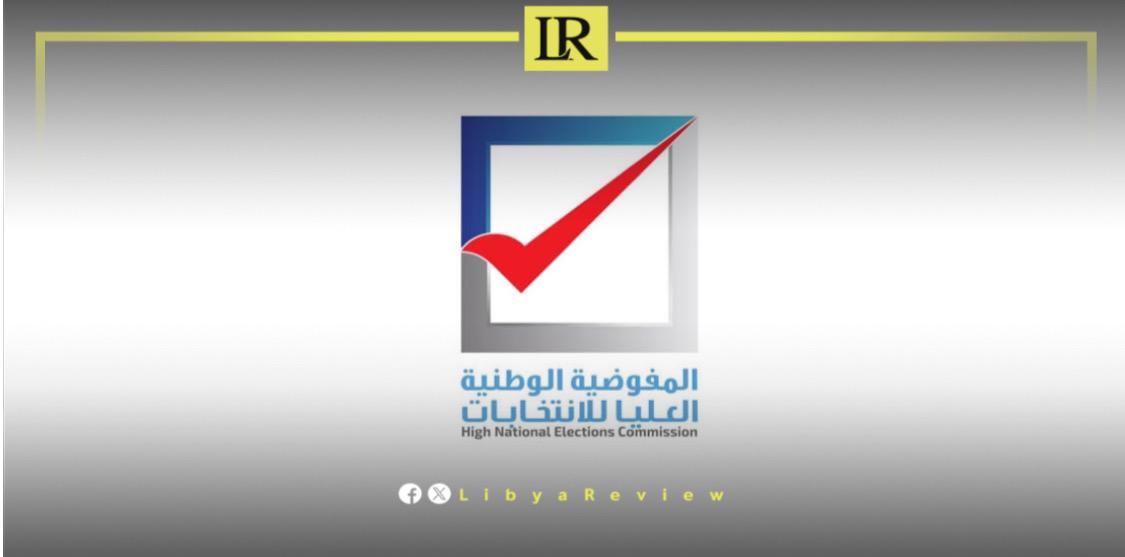The National High Electoral Commission has launched an electronic verification mechanism to confirm the identity of voters as part of the municipal council elections process. This initiative coincides with the distribution of voter cards, which began yesterday, according to a statement published by the commission on its Facebook page.
This step is part of the commission’s efforts to enhance the electoral process according to the highest standards of integrity and professionalism. The project initially targets four municipalities: Zliten, Al-Sbiaa, Brak, and Al-Abrak.
It is noteworthy that the electronic verification of voter identities is conducted using advanced devices that register voters’ biometric data during the collection of their voter cards at the designated election centers.
Libya has been in chaos since a NATO-backed uprising toppled longtime leader Muammar Gaddafi in 2011. The county has for years been split between rival administrations.
Libya’s economy, heavily reliant on oil, has suffered due to the ongoing conflict. The instability has led to fluctuations in oil production and prices, impacting the global oil market and Libya’s economy.
The conflict has led to a significant humanitarian crisis in Libya, with thousands of people killed, and many more displaced. Migrants and refugees using Libya as a transit point to Europe have also faced dire conditions.
The planned elections for December 2021 were delayed due to disagreements over election laws and the eligibility of certain candidates. This delay has raised concerns about the feasibility of a peaceful political transition.
Despite the ceasefire, security remains a significant concern with sporadic fighting and the presence of mercenaries and foreign fighters. The unification of the military and the removal of foreign forces are crucial challenges.


